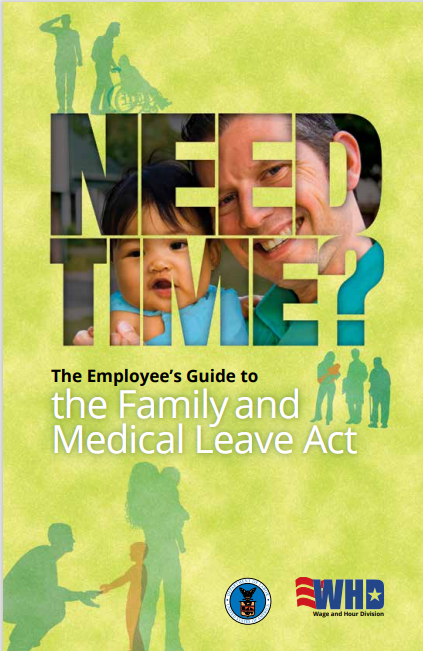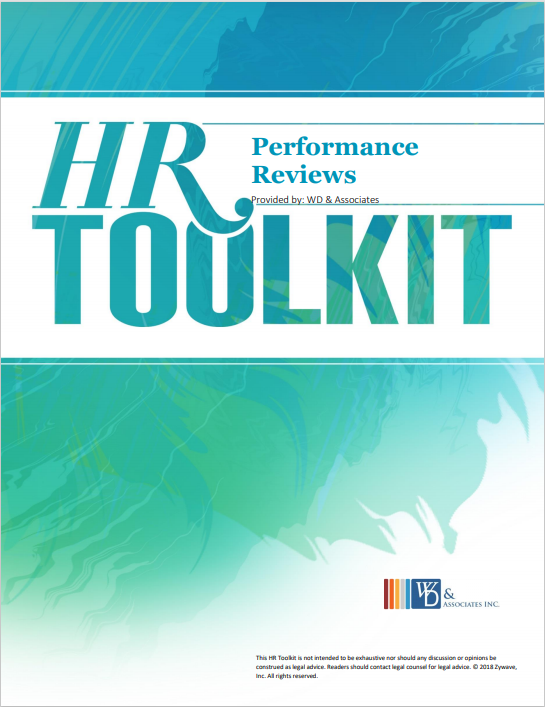It’s that time of year again when Medicare recipients have the opportunity to review and change their coverage. Open enrollment, the period of time where you can make changes, is fast approaching -- October 15 to December 7, 2018.
Remember, if you are enrolled in Medicare this open enrollment period is the only time you can elect or revise Medicare benefits other than under special circumstances. Any changes will become effective January 1, 2019.

Medicare is a confusing topic because it is so specific to the individual. We see the same questions pop up time and again.
In preparation for this year's open enrollment I sat down with Scott Buisson, our Director of Medicare at WD & Associates, to clear up a few things.
What is the question you hear the most?
"Which plan do I pick?" I wish there were a fast and easy answer for this but Medicare is complicated and there are a lot of things that I need to know about the individual before I can make any suggestions at all.
How have changes in the healthcare marketplace in recent years affected Medicare patients?
I would say the biggest change for the Medicare population is the cost of medication. Medication costs keep rising year after year so it is best to have the patients speak with their doctors about their prescriptions and the options.
What is the most common misconception about Medicare benefits?
People listen to their doctors and friends about which plan they should buy. Their coverage levels might not be appropriate for them. They have to decide on benefits based on their own comfort level, financial situation, and current health needs.
Can you give me an example?
Every Medicare eligible person has a different situation. For example, maybe your friend has a Medicare Advantage Plan for $0 monthly premium. Their out of pocket costs will only come when they seek care and from their Medicare part B premium. That might be a good fit for your friend who does not see many doctors and has no regular prescriptions.
Now consider that you see 5 different doctors several times a year and are on several medications for your chronic condition. Your situation is quite different from your friend’s situation. You may want to buy a Medicare Supplement and a separate prescription drug plan. Although your monthly premiums may be higher than your friend is paying you may spend less for medical care overall. This is an analysis that has to be done on a case-by-case basis.
What can employers do to help employees transitioning to Medicare?
The best thing an employer can do is to have a Medicare 101 meeting with the employees who are about to turn 65. This way they will have the tools and knowledge that they need to make informed decisions about the myriad of options available to them, including whether or not they should waive Medicare and stay on the company plan. A licensed Medicare Broker can do these informational meetings typically at no cost to the company.
Give us some interesting tidbits that people might not know about Medicare.
- You can’t contribute to an HSA after moving to Medicare.
- You should seek advice from an advisor 3-6 months prior to your 65thbirthday
- Medicare does not consider Cobra creditable coverage.
- For many people this will be the first time they can elect a plan completely different from their spouse’s plan. Medicare is individual coverage so each person can make their own elections.
What is the most rewarding part of including Medicare in your portfolio of offerings?
I believe that selling Medicare Products is a great service we offer our clients/members. We provide consultative services to educate the clients so they can make an informed decision on the plan that fits their lifestyle.
Read Further: You Ask We Answer: Medicare











Leave a comment